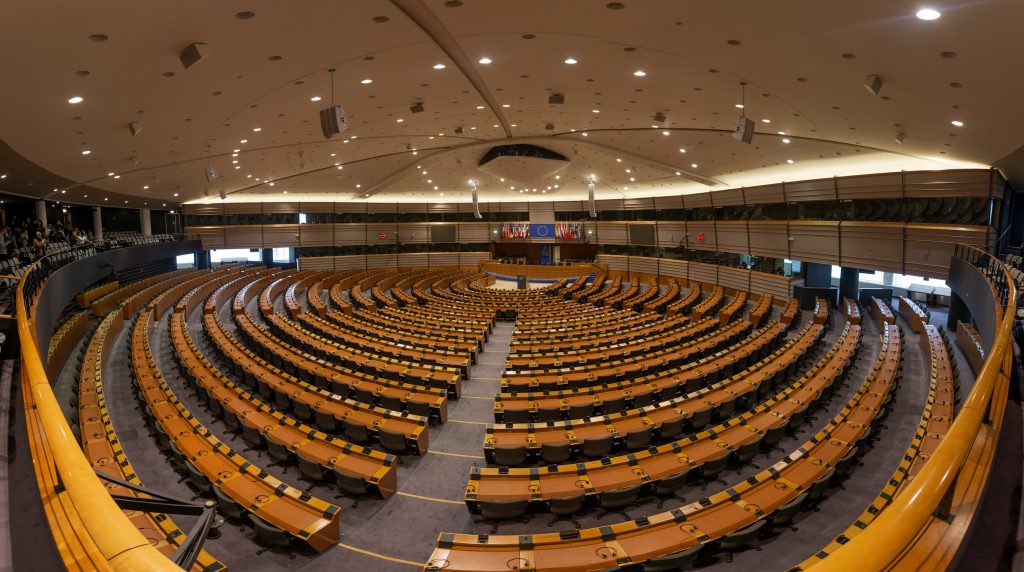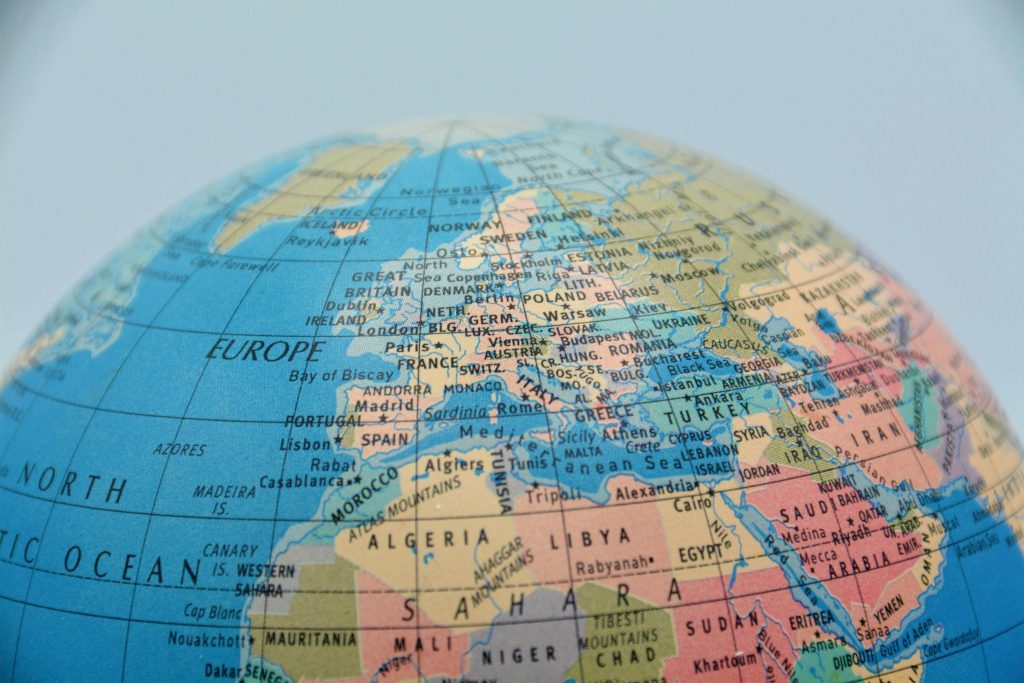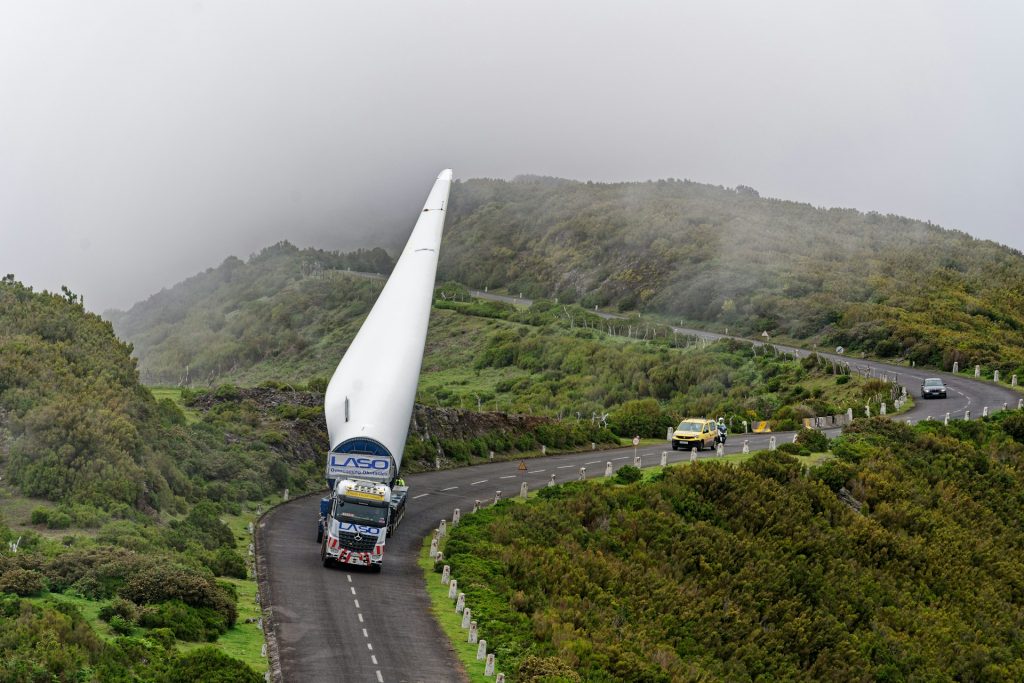
The climate vote
At times, climate policies are divisive and polarizing, others they do not even reach party platforms. At first glance, climate policies should carry significant weight in voters’ decisions, but the situation is much more complex. To better understand it, we reckon with political short-term goals, the parties’ ability to engage citizens in decision-making, and even the role of misinformation. A review of how climate change and electoral consensus are interlinked.











